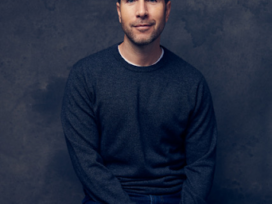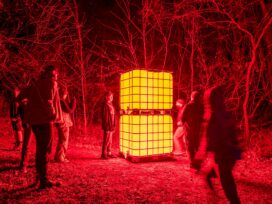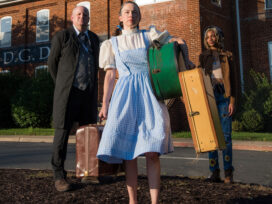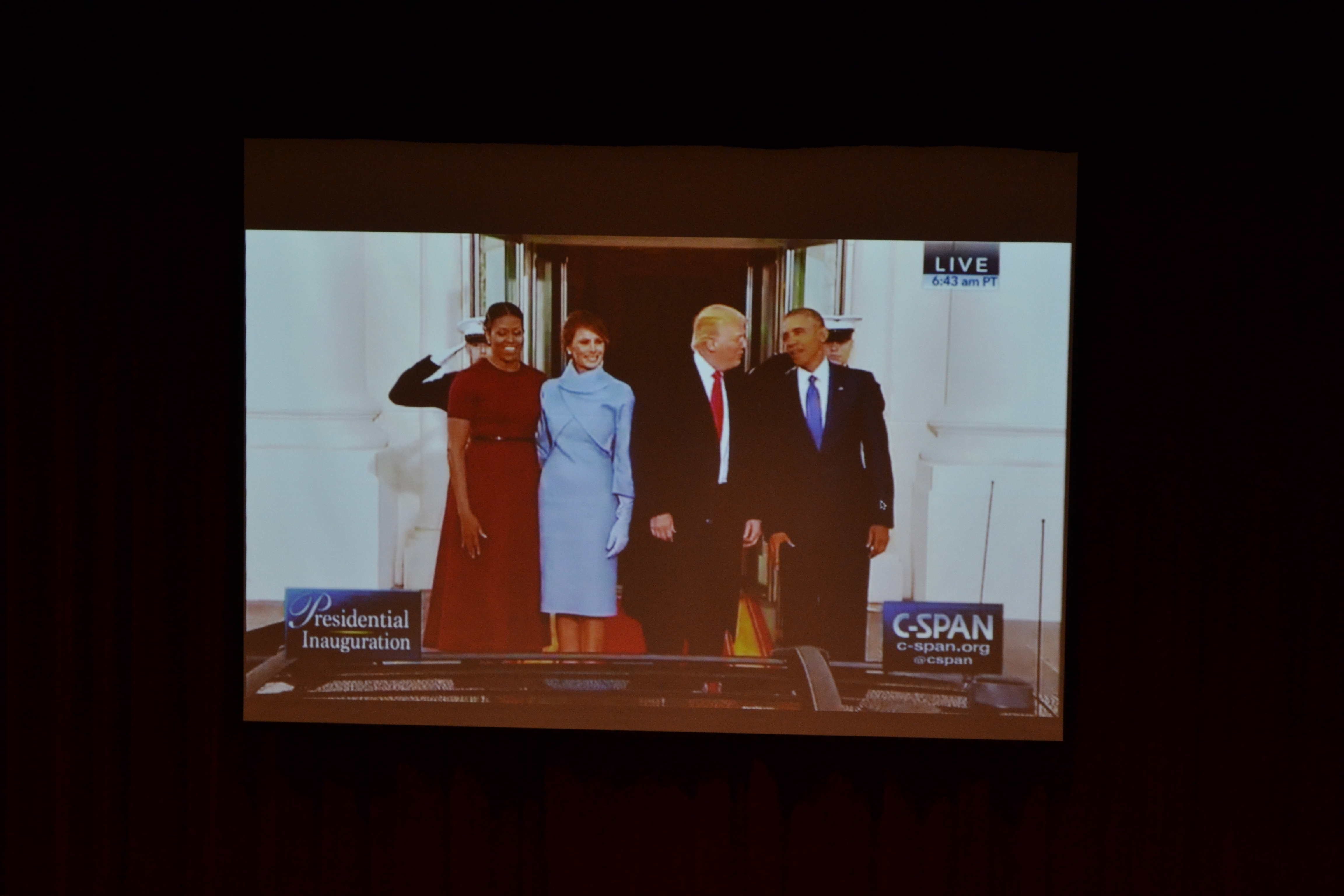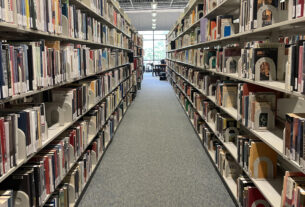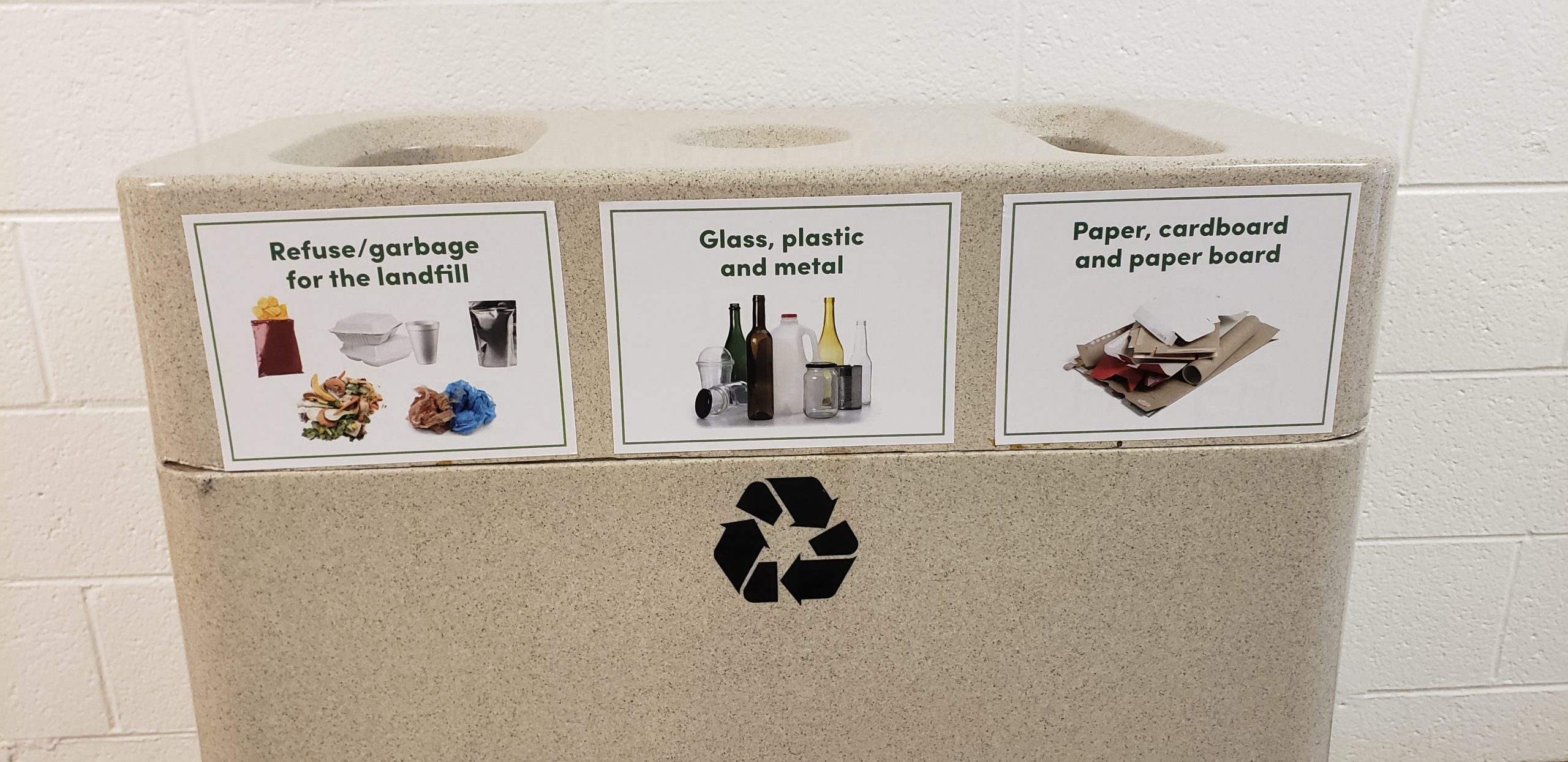
The Reach for Sustainability: Recycling and the Dangers of Contamination
On March 3, PVCC launched its new recycling and trash disposal program. They are partnering with Waste Management, Inc., a waste disposal organization in Charlottesville, to set up recycling across the main campus.
The Facilities Manager at PVCC Kim McManus wrote over an email that recyclable materials like “Paper, cardboard, glass, metal, and some plastics may be discarded in designated bins throughout all buildings on the main campus.” These objects will then be picked up by Waste Management Inc. who works with single-stream recycling, meaning all recyclable materials do not need to be sorted into many different recycling groups.
Materials are only sorted into three groups when being placed in the PVCC bins. Glass, plastics, and metals are grouped together, then papers and cardboards to be recycled, and lastly trash and most other objects that cannot be recycled will go to the landfill instead.
The reach for sustainability at PVCC has not always been straightforward. Benjamin Grewal, a PVCC alumnus, brought to PVCC’s attention last year that although PVCC offered divided recycling bins the materials went to the landfill instead, glass, plastic, and cans alike. Grewal discovered that materials were not being recycled through an analysis on environmental impacts at PVCC he did as a capstone project for the Entrepreneurship Certificate Program. The analysis, “Environmental Impact Analysis: Piedmont Virginia Community College,” pointed out that PVCC still has a lot of work to do to make the community sustainable. It also suggested some possible solutions like banning Single Use Plastics Items (SUPI), removing small trash cans, having reusable trash bags, using motion sensitive lights, and more. Grewal reached out to NBC-29 as well with his concerns getting an article written called “Former PVCC student raises recycling concerns” to try and raise awareness of the issue.
On Feb. 23, the PVCC Sustainability Committee met to talk about recycling at PVCC. Lindsey Horne, an education solutions representative from Waste Management Inc., came and talked with the committee to come up with ideas and discuss problems with recycling.
Horne said that the biggest problem with single-stream recycling is contamination. All plastics, metals, and glass are placed in one container, and likewise all papers and cardboards are placed together in another container. Anything that does not go into these two categories must be thrown into the trash, because of this a banana peel or other non-recyclable material left in a recycling container can contaminate all objects around it. This can cause the entire load to be sent to the landfill instead of being recycled.
Contaminants can be wet papers, half-filled liquid containers, unfinished foods, plastic bags, and items from the wrong group placed in the incorrect bins. With PVCC’s single-stream recycling program, being conscious and mindful of what people put in the recycling bins is important.
The Director of Marketing and Media Relations at PVCC, Susain Brooks, said that we need to get “internal education … in place” about recycling. People need to know that bottles have to be emptied of all liquids, containers emptied of food, and banana peels simply thrown away. Although counter intuitive, it is sometimes best to throw items away instead of trying to recycle them because unwanted items can contaminate the rest of the recycling.
“Consistency is key,” said Horne. “It is really a constant message” to keep people informed about recycling. She said, “Creating a group of people we can hold responsible” is important. Several suggestions were thrown out during the committee meeting. It was proposed to have consistent signage across the campus for recycling, short online messages to remind people every month, a progress clock marking what we have done and still need to do, giving freshmen a reusable water bottle, and adding recycling Civic Engagement assignments into classes, among other ideas.
Executive Order 77 (EO-77) is a state order that calls for all single-use plastics to be eliminated before Dec. 31, 2025. Now canned water is being used instead of plastic containers, but Grewal said that many vendors supplying PVCC are not even aware that they have to be phasing out plastics at the moment.
With the start of PVCC’s recycling program, the small bins will be removed from classrooms and offices to try and reduce and soon eliminate disposable plastics and trash bags. This step is to help reach the goal set by Executive Order 77.
Grewal said that he was impatient to see change. He told people about the recycling bins lack of real recycling properties in October and wanted to see improvement and communication sooner. He said, “I think it needs to be a priority.” Quoting Greta Thunberg, a 19-year-old Swedish environmental activist, saying, “‘we need to be acting like the house is on fire because the house is on fire,’” he continued saying, “we need to be radically shifting” to change our environmental footprint.
“I think the next best step is to start a sorting station,” he said. Grewal has worked at sorting stations for several different music festivals. There people could come up and learn about recycling and sort the recyclable items. He said that this can raise awareness and cultivate active participation in creating sustainability.
More information about recycling at PVCC can be found on their website’s recycling page https://www.pvcc.edu/recycling. There it explains how the recycling works and how to avoid contamination.
McManus wrote, “Each of us can make a difference. We can contribute to a sustainable future. Our efforts will be best realized when we are mindful of how important this is to our world and how important the correct process is to its success. When in doubt, put your items in the garbage and more materials will be recycled.”
If people want to get involved in helping the environment, they can go to the PVCC Sustainability Committee meetings to discuss next steps as well as join the Horticulture & Environmental Club. This club is about building a better future and environment through planting and bringing awareness to environmental issues. Information about them can be found at their website https://pvcchorticulture.wordpress.com/, their PVCC club page https://www.pvcc.edu/horticulture-environmental-club, or you can contact one of their staff advisors David Lerman and Jeremy Taylor.
According to McManus, “Learning opportunities will be made available to students, staff and faculty.” The Sustainability Committee will also be setting up informational occasions in the future, but the specifics and dates are still to be confirmed. Active participation was stressed by McManus and the Sustainability Committee alike.
McManus wrote, the “Key to the success of [PVCC’s new recycling] program is participation by the entire PVCC community – students, staff and faculty. The commitment includes education on recycling and mindfulness and discipline with how we dispose of recyclables and trash.”


